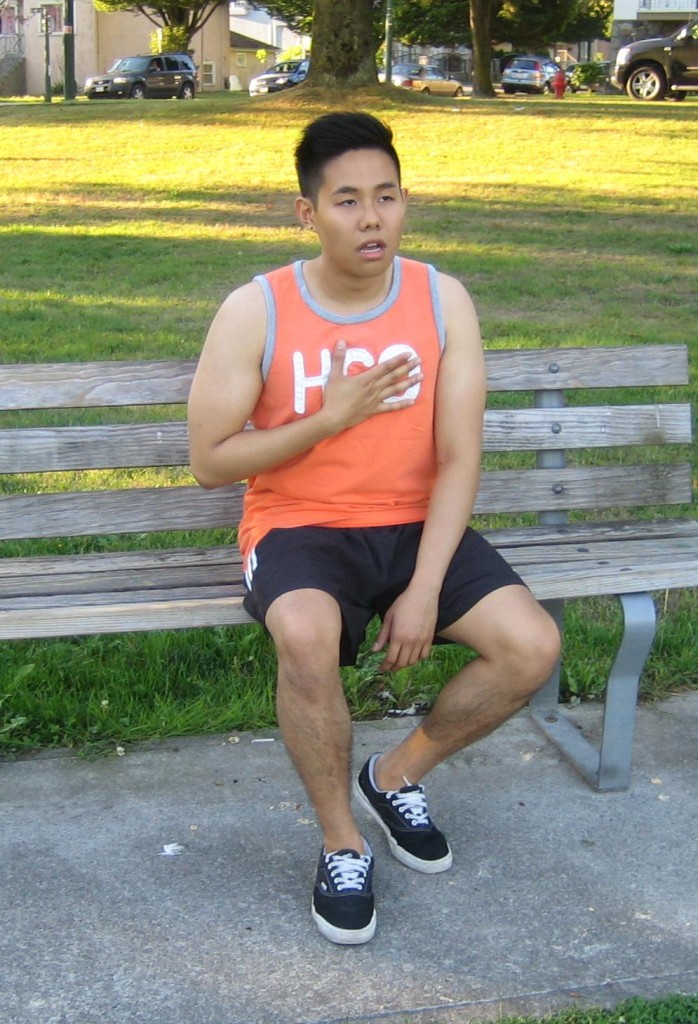The treatment for COPD is aimed on alleviating the symptoms, preventing complications and slowing down the progression of the disease. Depending on the severity of the condition, various treatment measures can be done.
Commonly used treatment options for COPD
Medications
Bronchodilators are usually given as part of treatment for COPD. These medications work by relaxing the airway muscles to allow easier breathing. These are administered via an inhaler. In addition, glucocorticoids might be added to lower the inflammation in the airways.
The risk for other respiratory ailments is lowered with a annual flu shot, pneumococcal shot and a booster shot for tetanus.

Oxygen therapy
Once the levels of blood oxygen drop, the individual can be given oxygen via a face mask or nasal prongs to allow better breathing. Generally, a portable variant is recommended so that it can be easily carried around.
Surgery
Surgery is usually reserved for severe cases of COPD or if other treatment options failed which is more likely if the individual has emphysema.
One type of surgery is bullectomy which involves removal of the large air sacs from the lungs. Another alternative is lung volume reduction surgery which involves the removal of the damage lung tissues.
Lifestyle changes
Certain changes in lifestyle can also alleviate the symptoms or provide relief such as:
- Cessation of smoking
- Avoidance of secondhand smoke and chemical fumes
- Well-balanced diet
- Regular exercise
Medications
The medications can reduce the symptoms and limit the frequency of the flare-ups. It might take some time to find the right medication and dosage that works best for the individual.
- Bronchodilators – these work by loosening tight muscles around the airways and administered via an inhaler or nebulizer
- Corticosteroids – these are often combined with inhaled glucocorticosteroids that can lower the inflammation in the airways as well as reducing the production of mucus
- Phosphodiesterase-4 inhibitors – this is a newer variant in oral form that lowers the inflammation and alters the mucus production. It is usually given for severe cases of COPD.
- Theophylline – this medication alleviates chest tightness and shortness of breath and can be used to prevent flare-ups.
- Antibiotics and antivirals – these are given if respiratory infections develop
- Vaccines – the doctor might suggest getting the yearly flu shot, pneumococcal vaccine or whooping cough vaccine since COPD increases the risk for other respiratory issues.

